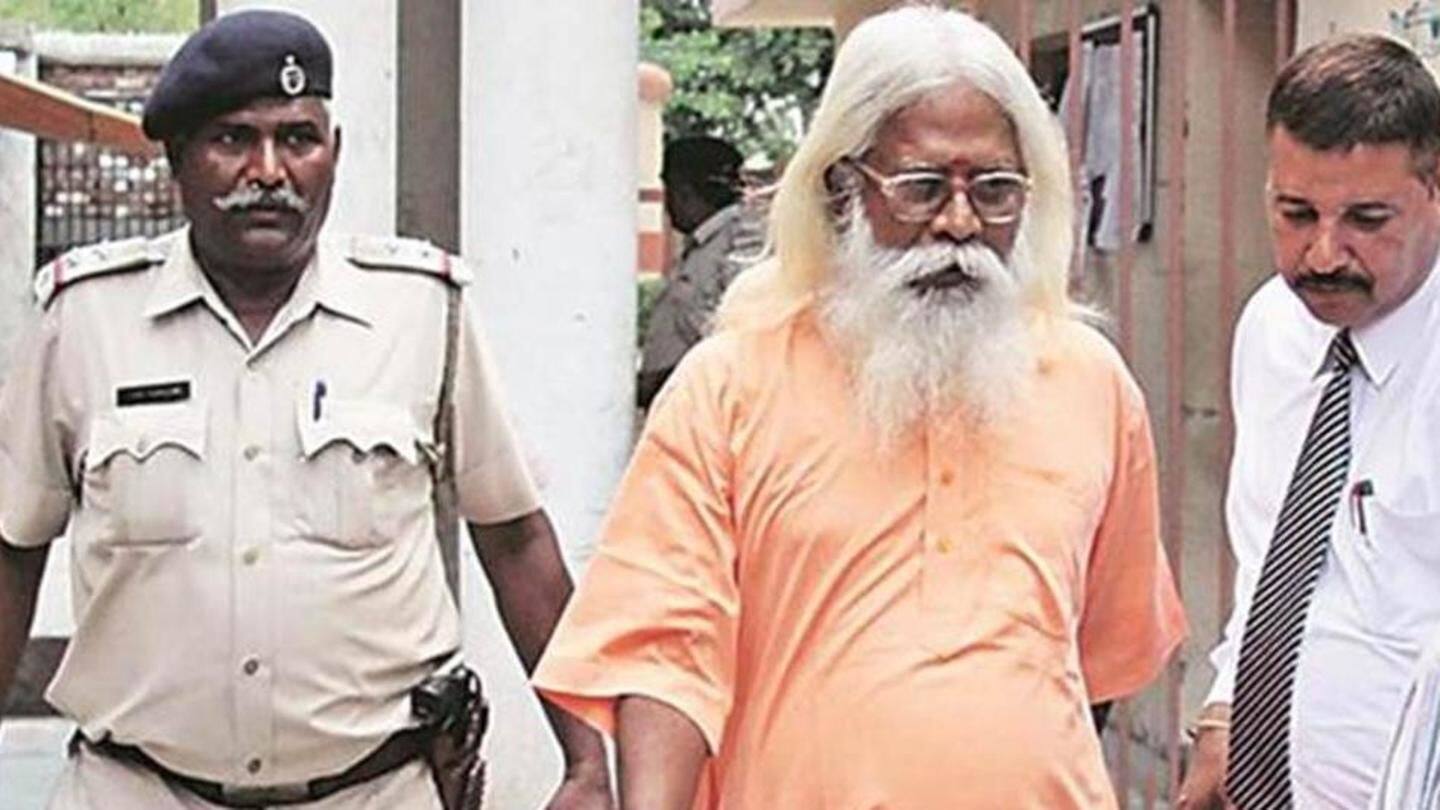
Swami Aseemanand's confession to police not voluntary: NIA court
What's the story
The special anti-terror court that acquitted five accused in the Mecca Masjid blast case held that the confessional statement of Hindu preacher Swami Aseemanand to the police, which he retracted later, was not voluntary. The NIA court also maintained that a person cannot be considered "communal or anti-social" only because of links to the RSS, which is not a banned organization.
Prosecution charge
Why did the court reject the prosecution charge?
The court also dismissed the prosecution's claim that Aseemanand had confessed to his guilt to two inmates of a prison, Maqbool Bin Ali and Shaik Abdul Khaleem, in the Chanchalguda prison. The court said there was no record to show that the duo was in the prison at the same time, adding CBI, which initially probed the case had not provided any documentary evidence.
Information
What is 2007 Mecca Masjid Blast case?
A powerful blast, triggered by remote control, had ripped through the over four centuries-old mosque in Hyderabad during an assembly of devotees on May 18, 2007, when they had gathered for Friday prayers, killing nine people and wounding 58.
Confession
Aseemanand gave confessional statement but retracted it four months later
Special Judge K Ravinder Reddy in his April 16 order said the confessional statement of Aseemanand was "hit by section 26 of the Indian Evidence Act and the same is not a voluntary one which was recorded during the course of police custody." NIA's Special Public Prosecutor had submitted that Aseemanand gave the confessional statement in December 2010, and retracted it four months later.
Record
There's no record except oral testimony about the inmates
"Except the oral testimony of PW (prosecution witness) 104 and PW 105, there's no other record to show that they've been in Chanchalguda jail when Aseemanand was lodged there," the court said. The order said Additional SP of CBI Raja Balaji, "hasn't collected any documentary evidence and produced before this court" showing that the two witnesses had been in Chanchalguda jail along with Aseemanand.
Information
Working for RSS doesn't make a person communal
The CBI official didn't examine the jail superintendent and record his statement that Khaleem and Chawaish were in the prison when Aseemanand was there, the court said. In the order, the judge also observed that working for RSS doesn't make a person communal and anti-social.